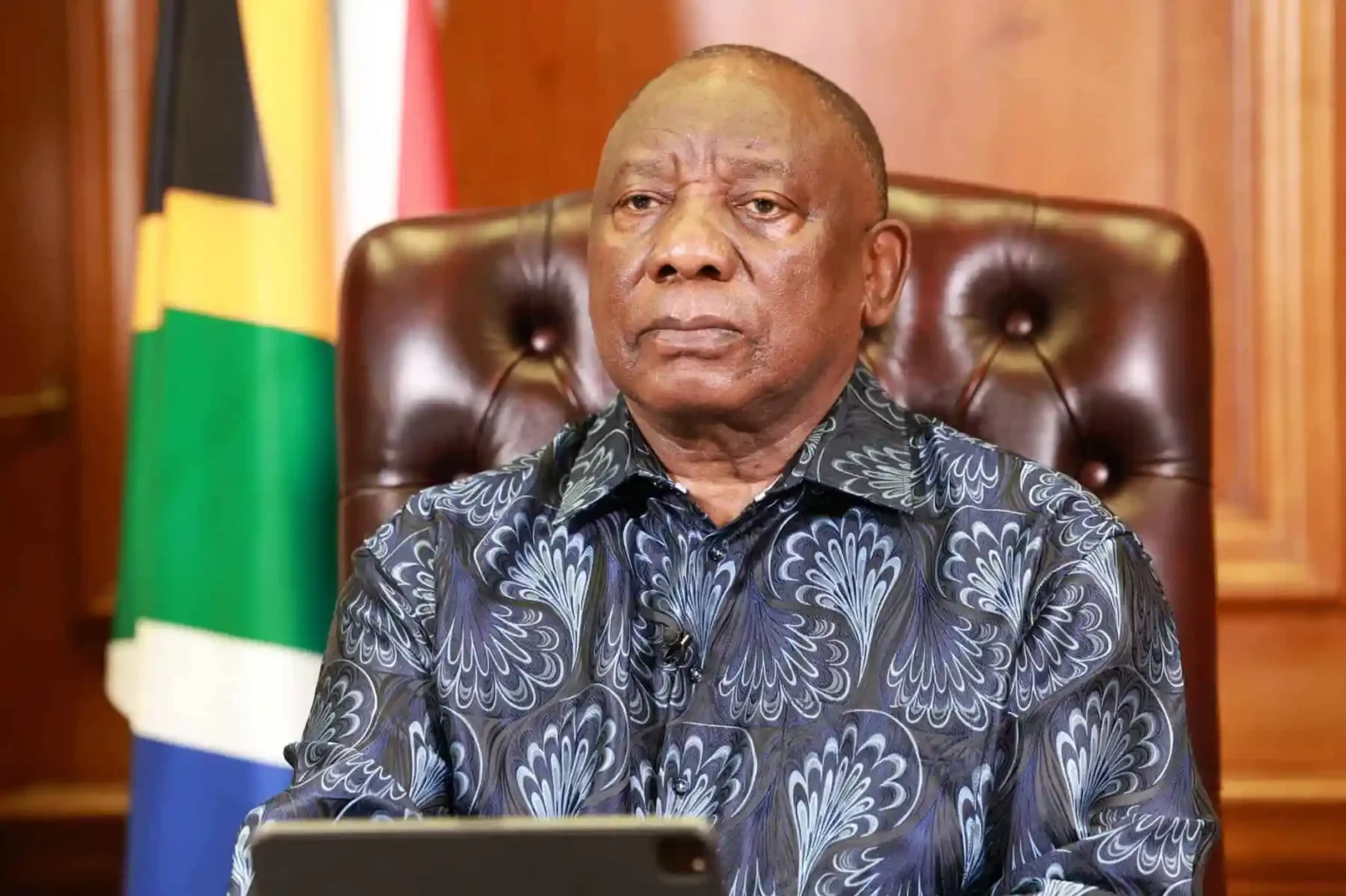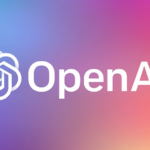President Cyril Ramaphosa has officially proclaimed the full implementation of the Basic Education Laws Amendment (BELA) Act, effective Friday, 20 December 2024. The decision comes three months after the bill was initially signed into law, marking the end of a prolonged debate around its contentious clauses.
Ramaphosa’s Proclamation
In a statement from the presidency, Ramaphosa revealed that his decision followed a report from Deputy President Paul Mashatile’s clearing house mechanism committee.
“I have signed a presidential proclamation to bring the BELA Act into operation from today. I have also instructed the Minister of Basic Education, Siviwe Gwaruba, to oversee its full implementation, ensuring the regulations and timelines are prepared,” Ramaphosa announced.
Delayed Implementation Amid Controversy
The BELA Act, signed into law in September, faced a three-month delay after objections arose from various quarters, including AfriForum, the Democratic Alliance (DA), and the Federation of Governing Bodies of South African Schools (FEDSAS).
At the heart of the controversy were Clause 4, granting the Department of Basic Education more authority over school admissions policies, and Clause 5, which requires governing bodies to submit language policies for approval by provincial heads of department.
Siviwe Gwaruba’s Role in Implementation
Minister Siviwe Gwaruba now faces significant pressure to implement the Act seamlessly. Her absence during the September signing ceremony, prompted by the DA’s opposition, drew widespread criticism, with some calling for her dismissal.
Ramaphosa reiterated the Act’s transformative potential:
“This Act is vital to our ongoing efforts to build a more equitable and effective education system, aligned with our Constitution. It ensures that all children—regardless of language, location, or background—receive quality education.”
Key Highlights of the BELA Act
The BELA Act introduces significant measures aimed at strengthening the education system:
-
- Admissions Policy: Increased departmental oversight to ensure equal access to schools.
-
- Language Policy: Protection and promotion of all 11 official languages, including South African Sign Language.
Ramaphosa emphasized that the Act does not diminish any language but seeks to promote linguistic diversity and inclusivity.
Resolution of Disputes
The Government of National Unity (GNU) clearing house committee played a critical role in resolving disputes. Despite extensive consultations and deliberations over the past three months, no consensus was reached to amend the contentious clauses.
“The GNU participants and leaders agreed that the Act should proceed as is, without returning to Parliament for changes,” Ramaphosa explained.
Looking Ahead
As the BELA Act takes effect, its implementation marks a critical step in South Africa’s journey towards an inclusive and equitable education system. Stakeholders now look to Minister Gwaruba to ensure the Act is rolled out effectively, addressing the concerns of critics while upholding the Constitution’s promise of quality education for all.












